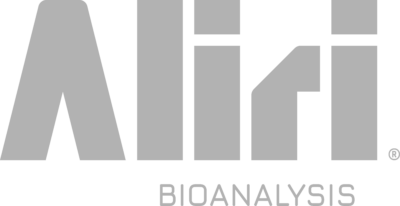The significance of spatial immune signatures lies in the determination of immune cell types, activation status, spatial distribution, and intricate interactions within tissues. These unique signatures play a pivotal role in various fields, particularly cancer, immunology, and autoimmune diseases, where the effectiveness of treatments is intricately linked to the immune response within tissues. By incorporating spatial immune signatures into phase II trials, early insights into treatment responses can be gained, offering a reflection of clinical outcomes. This approach expedites decision-making regarding drug candidate progression in later phases of clinical development, ultimately saving valuable time and resources for your program.
Watch this on-demand presentation led by industry expert Corinne Ramos, Director of R&D, Aliri Bioanalysis, as we unveil our clinical trial findings alongside the innovative technologies and state-of-the-art computational tools that have revolutionized our capacity to observe and decipher spatial immune signatures.
What you’ll learn:
- Understand the significance of spatial immune signatures in assessing early treatment efficacy.
- Explore our patient-centric approach, which includes baseline profiling and ongoing monitoring.
- Gain insights into leveraging these techniques for drug development.
- Discover how this approach can save your program valuable time and resources.

